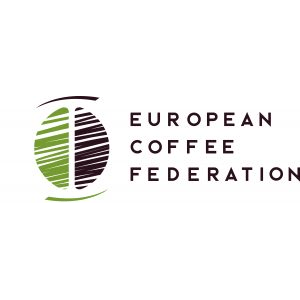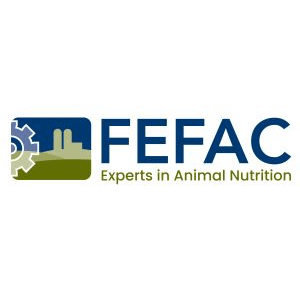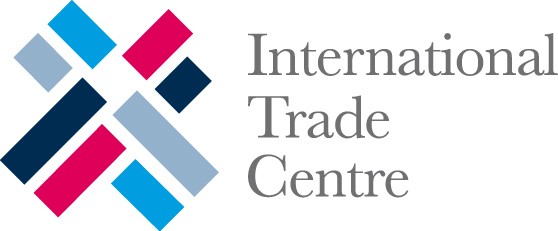ITC Roundtables on Deforestation-free Global Value Chains
The International Trade Centre (ITC) is convening public-private consultations around “Deforestation-free Global Value Chains” in priority commodities sectors, such as soy, cocoa and coffee.
Forests play a crucial role in our ecosystems. They are essential for biodiversity protection, climate regulation, water cycle, human livelihoods, health benefits, natural disaster prevention, recreation and tourism, and economic benefits. According to the Sixth Assessment Report of the Intergovernmental Panel on Climate Change (IPCC), conservation, improved management, and restoration of forests and other ecosystems offer the largest share of economic mitigation potential, with reduced deforestation in tropical regions having the highest total mitigation potential.1
Deforestation is commonly understood as “the change from forest to another land cover or land use, such as forest to plantation or forest to urban area. Typically, it refers to human-caused, permanent removal of natural forest cover.”2 In contrast, “tree cover loss” goes beyond this definition and refers to the complete removal of tree cover for any reason, including disease or storm damage.
The drivers for deforestation are varied and include but are not limited to agricultural production. From 2001 to 2015, just seven agricultural commodities – cattle, oil palm, soy, cocoa, rubber, coffee and plantation wood fibre – accounted for more than a quarter of global tree cover loss, making deforestation-free agricultural commodity production and trade an essential action to address this problem.3 Beyond agriculture, major drivers for deforestation are wood extraction, infrastructure expansion, such as road building and urbanization and mining.
Trade related approaches on deforestation have been emerging over the past years, given that commodity production for export can be driving deforestation and forest degradation. The most advanced trade regulation is the EU Regulation on deforestation-free products (EUDR) and entered into force in summer 2023 (learn more about the EU approach: Regulation on deforestation-free products (europa.eu)). Other jurisdictions are looking into regulations as well, such as the United Kingdom (learn more about the UK approach here: https://consult.defra.gov.uk/international-biodiversity-and-climate/implementing-due-diligence-forest-risk-commodities/).
Learn more about the analysis of EUDR trade flows in ITC’s Trade Brief
ITC has extensive experience in the agri-business sector working closely with producers and farmer organisations, MSMEs, and European industry stakeholders across various value chains5. As the joint technical assistance agency of the United Nations and World Trade Organization, this places ITC uniquely positioned to offer specialised support in the context of EUDR implementation.
- Awareness raising
Sensitization workshops and dialogues to raise awareness among stakeholders about the EUDR, its implications, and strategies to mitigate potential impacts. These events can serve as platforms for sharing knowledge, best practices, and strategies for businesses to navigate the changing regulatory landscape and facilitate compliance to EUDR.
- Analysis and research
ITC ‘s sophisticated trade intelligence and market analysis tools provide a strong foundation for in-depth analysis and research. This can include analysis of specific challenges and opportunities arising from the EUDR, as well as providing precise insights for producing countries, SMEs, and policymakers.
With ITC’s research capabilities the exposure rates of various sectors and producing countries to the EUDR can be evaluated, latest market trends tracked, and trade trends assessed through a blend of quantitative and qualitative analysis. Additionally, ITC’s business survey methodologies can be deployed to assist businesses and policymakers in comprehending potential implications of the EUDR, and support evidence based decision-making and targeted measures.
- Policy advice
ITC provides specialised policy guidance to producing countries, facilitating the development of enabling policies that support MSMEs in adapting to regulatory changes in the context of EUDR but also beyond its compliance. ITC’s policy guidance includes an evaluation of the interactions between EUDR and existing national or regional legislations.
Moreover, ITC also monitors emerging regulatory frameworks, including those from regions such as the USA, UK, and China, with a view to aligning accompanying measures with national and regional strategies, facilitating a smooth transition not only towards EUDR compliance but also in the broader context of promoting a just green transition in light of rapidly evolving regulations globally.
- Capacity building
ITC’s strategic plan identifies capacity building of MSMEs, Business Support Organisations (BSOs) and policymakers as a core priority. The following three-fold approach is tailored to the EUDR:
Compliance with EUDR and Due Diligence Obligations: Supporting MSMEs in their journey to meet EUDR compliance and fulfill due diligence requirements, and policymakers to assess interplay between EUDR and national or regional legislations.
Sustainable agroforestry practices: Training and coaching of farmers and producers, equipping them with the knowledge and skills to ensure not only compliance with EUDR but also promote environmentally responsible production.
Access to new markets, technology, and finance: Facilitating businesses’ access to new markets, climate technologies, and financial resources to improve competitiveness and resilience the changing trade landscape.
- Tools and platforms
In response to the demand for practical solutions, ITC provides a number of digital platforms and resources. These efforts are centered on streamlining supply chain management, simplifying risk assessment, and easing reporting processes for SMEs. Existing digital tools and sustainability platforms, which have been collaboratively developed with and for producing countries, can be tailored to address EUDR-specific needs. These user-friendly tools aim to facilitate data collection, traceability, and geolocation requirements, empowering SMEs to effectively showcase their compliance efforts.
Mrs. Pamela Coke-Hamilton, Executive Director, International Trade Centre
Mr. Ocampo
Interested to learn more or to follow the conversation?
ITC is well equipped to partner with producing countries to respond to the requirements of the EUDR, with a view to mitigating potential impact of EUDR on smallholders and small businesses in the value chains of focus.
If you are interested to learn more, please contact ITC’s focal point Matthieu Lamolle, senior advisor on green & inclusive value chains at lamolle@intracen.org.

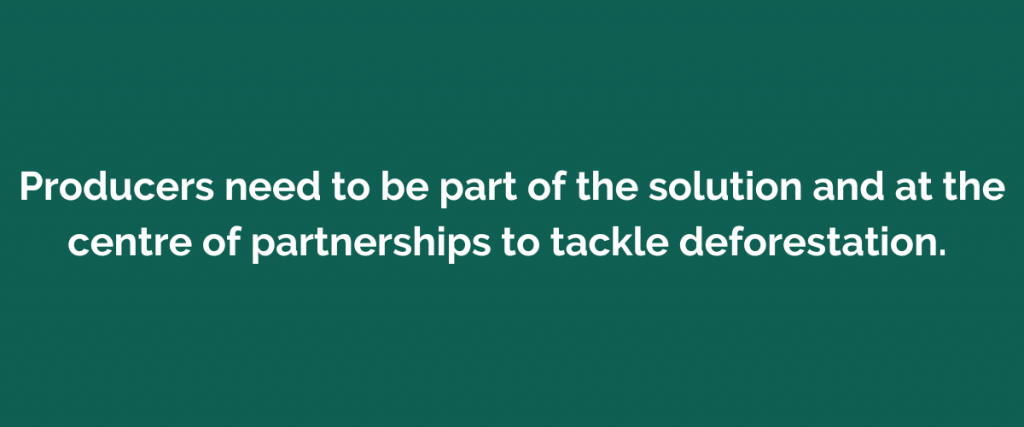




Learn more about ITC’s Roundtable series on Deforestation-free Global Value Chains:
ITC has served as a trusted partner convening public private dialogues on a range of green transition issues. In anticipation of new emerging regulations, these dialogues featured a series of Roundtables on Deforestation-free value chains since early 2022.
Five public – private discussions were held between producing countries, the EU, small business and private sector initiatives showcasing initiatives combatting deforestation. In 2022 and 2023 more than 850 organizations from over 100 countries were represented across these events.
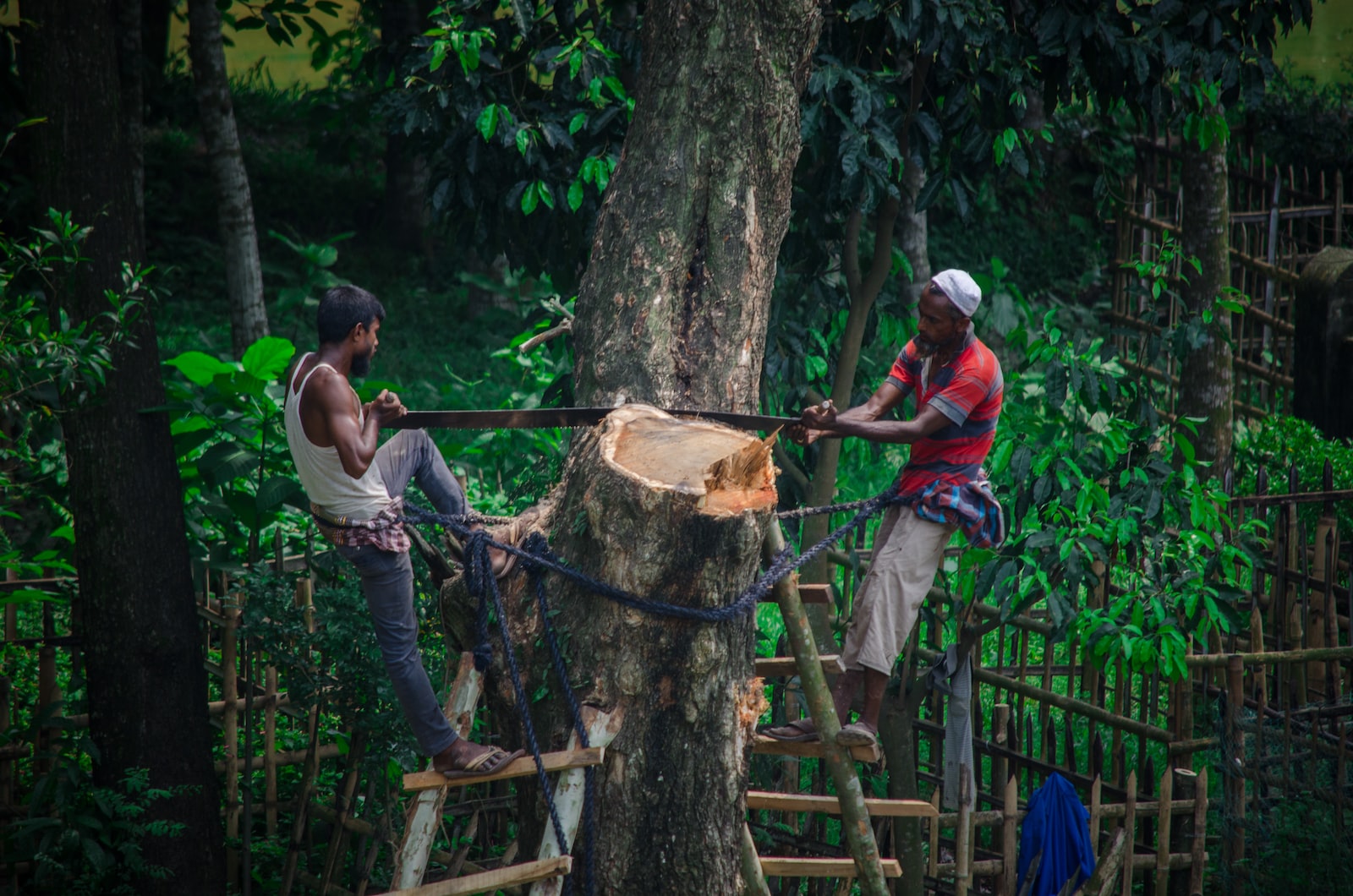
First roundtable “Producing countries considerations to deforestation-free products: the state of play in soy, cocoa and coffee sectors”
29 March 2022, 1.30 – 3.30 pm CET
Download Summary Key Note speech - Jason Clay
Second roundtable “Industry responses to deforestation: methodologies & approaches implemented in Global Value Chains”
Tuesday May 24, 14:00-15:30 CET
Download Summary Key Note speech - Matthew Spencer, IDH
Third roundtable “Implications of the proposed EU regulation on deforestation-free products”
9 June 2022, 1.30 – 3.30 pm CET
Download Summary Key Note speech - Mike Senior, Proforest
Fourth roundtable "Paving the road towards implementation of deforestation-free global value chains"
6 December 2022, 1.30 – 5.30 pm CET
Download Summary Watch session
